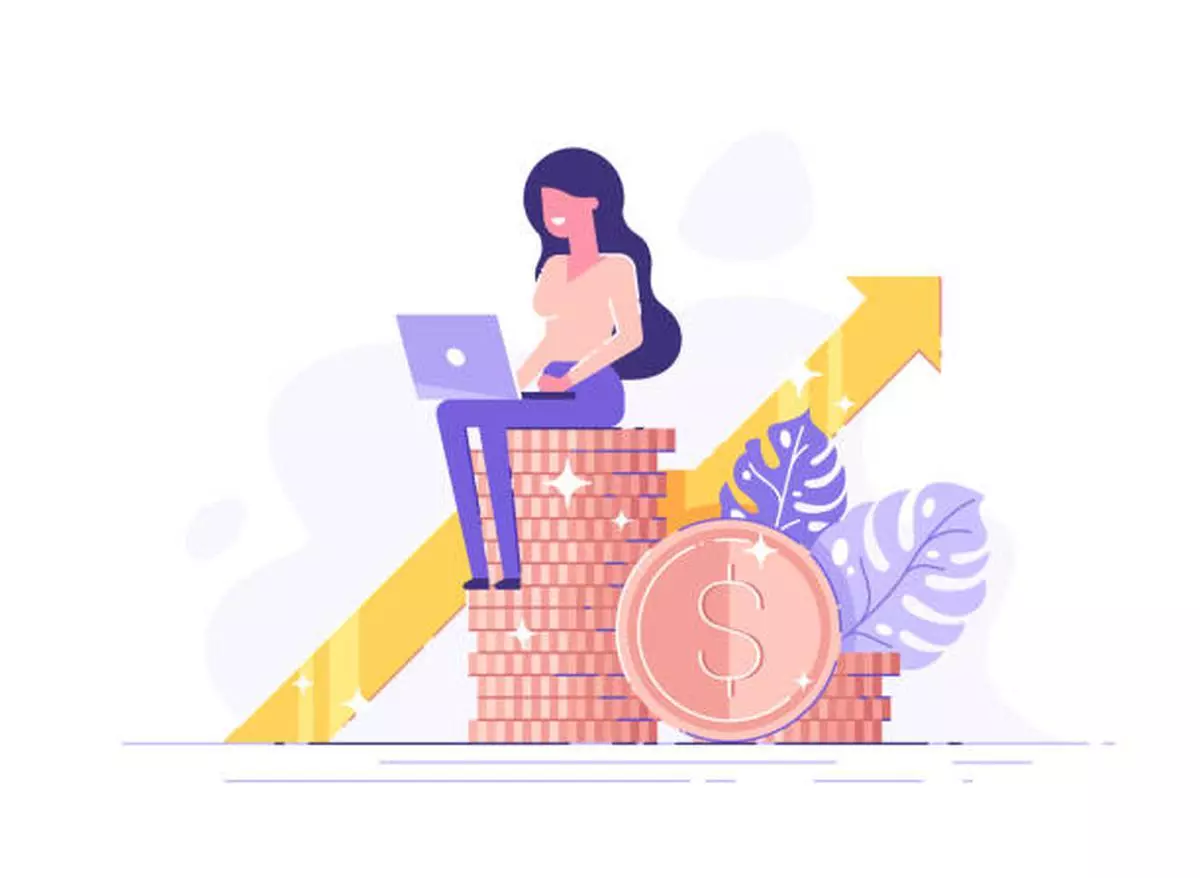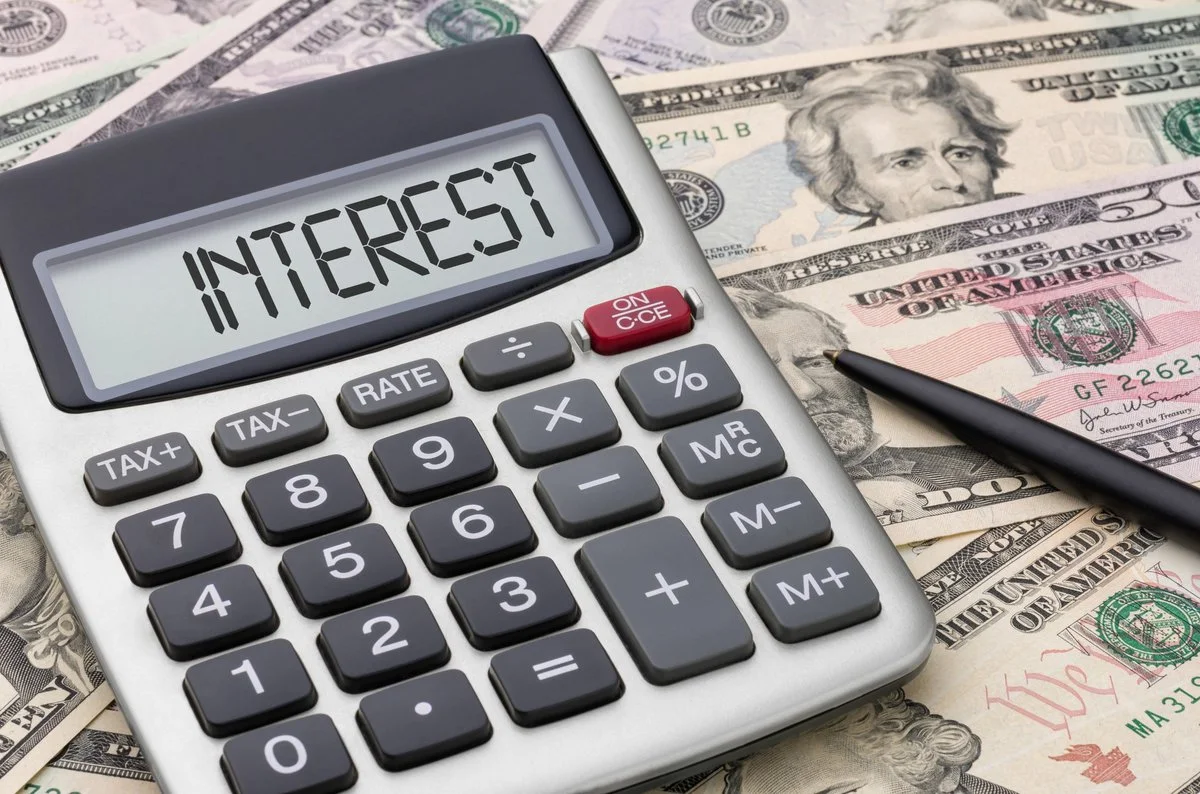How to Calculate Loan Interest
Loan interest is one of the most important expenses that most borrowers face. It can be challenging to calculate, but there is a simple method for short-term loans. The interest rate on the loan is multiplied by the number of days in the year to find the loan interest rate. In addition, late payments reduce the amount of money that goes toward principal and will eventually be due at the end of the loan term. Therefore, paying on time is a must.
If you are able to make extra payments on your loan, these will be applied to the principal balance. This will help you reduce your total interest payments. Moreover, making extra payments can shorten the term of your loan. That way, you will pay less in total interest over a longer period of time. It is advisable to make extra payments to avoid accruing more interest. However, you must make sure that the lender is able to accept these extra payments.
When making your payments, make sure you always pay more than the minimum amount because this will reduce the total amount of money you need to repay. Also, enrolling in Auto Pay will allow you to pay more than the minimum payment each month, which will cover the interest and reduce the principal balance. The simple daily interest formula shows how much interest you pay. The number of days since your last payment is multiplied by the interest rate factor. Usually, the higher the interest rate, the more money you will have to pay in the end.
Often, you will find that a lender’s price leadership rate varies with the type of loan. While the advertised interest rate may be lower than your actual interest rate, it may not include the origination fee. This means that you will pay an origination fee and monthly interest rate for a $10,000 loan. You’ll pay $800 up front and $9200 when you deposit the money, and you’ll owe the remaining $10000 plus interest. The bank’s profit margin is based on your loan size and risk profile.
A personal loan’s interest rate varies based on several factors. First, the principal amount of the loan plays a major role. The bigger the loan, the higher the interest rate you’ll pay. Also, the longer the loan term, the higher the risk it poses for the lender. Therefore, a higher credit score would mean better loan interest rates. However, a lower interest rate would mean a better interest rate for a larger loan.
Lastly, you should consider the length of time for repayment. A longer loan term may be better for your monthly budget, but it will increase the total cost of borrowing. Borrowing more money than you need can increase your overall costs, so try not to borrow more than you need. A shorter term will make your monthly payments higher but will reduce your total interest in the long run. In addition, you’ll have a lower interest rate when paying off the loan sooner.












